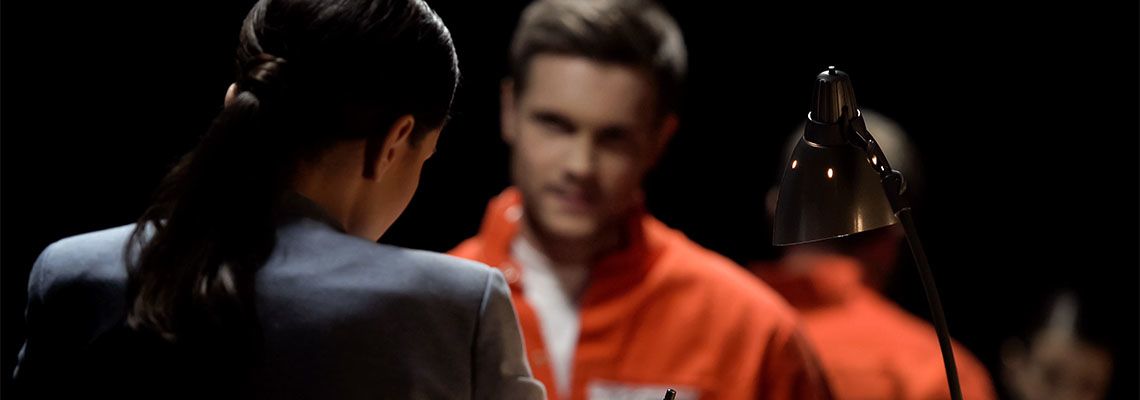
FAQs: Criminal Defense
If you have been charged with a crime, you may be wondering if you need an attorney. Having a criminal defense attorney on your side can vastly improve your chances of a good outcome for your case. If you need a criminal defense attorney in Virginia, call E. Gordon Peters, Jr., Attorney at Law, with offices in Lynchburg and Blackstone.
Criminal Defense FAQs
Do I have to speak to the police after I’m arrested?
You have the right to remain silent—use it! You are not legally required to talk to or give information to the police, except for your identifying information. The police may try to get you to incriminate yourself or even to disclose information that you don’t have. Anything you say can be used against you in court. It is best to wait to talk to the police until you have spoken to your attorney.
I just want this to go away. Should I accept a plea deal?
Your attorney will advise you on whether or not it is wise to accept a plea deal. They may advise you to do this if they feel you will not be able to mount a strong defense at the trial and want to ensure that you receive a lighter sentence than you would at trial. However, this can be damaging if you are innocent of the crime, especially if you have a strong defense. A guilty plea will most likely result in prison time and a permanent criminal record.
What is the difference between a felony and a misdemeanor?
A felony is more serious than a misdemeanor, and it usually results in at least one year in prison and a fine. Convicted felons cannot vote, possess a firearm, or run for public office. A misdemeanor is usually not punished by more than one year in prison and a fine.
When are the police allowed to search my person, vehicle, or home?
According to the Fourth Amendment, a police officer cannot usually search your person, vehicle, or home without a search warrant. However, if you consent to a search, the police can proceed without a warrant, and anything the police find can be used against you.
The police can search your person for weapons without a warrant if they have probable cause to believe that you are armed and dangerous.
During a traffic stop, a police officer can only search your car without a warrant if they have probable cause to believe that you have weapons or drugs in the car, or that you have committed a crime.
Police can search your home without a warrant if they feel that the situation is an emergency, or if you have consented to let the police into your home and they spot an illegal object or evidence of a crime in plain view. They can then confiscate the evidence and further search your home without a warrant. Trash left out for collection generally does not fall under Fourth Amendment protections.
The police did not read me my rights. Am I still under arrest?
You are under arrest even if the officer has not read you your Miranda rights. The officer is only obliged to read these rights to you if you are both in custody and being interrogated.
What if I’ve been arrested in Virginia but live in another state?
Generally, crimes are prosecuted in the states in which they occurred. If you’ve been charged with a crime in Virginia, it’s best to secure a Virginia criminal defense attorney.
How long does a criminal case typically last?
How long a case lasts depends on several factors. However, a misdemeanor case will typically last from 3-6 months from when you’re charged, while a felony can typically last for 6-12 months, and sometimes longer.
Can I clear a criminal charge from my record?
In Virginia, you can petition to have charges expunged from your record if you were not ultimately convicted. Beginning in 2024, you will be able to petition for expungement of certain misdemeanors if you meet certain requirements, such as not having any previous Class 1 or Class 2 felony convictions.
Do I really need a criminal defense attorney?
Hiring an attorney is always a good decision if you’ve been charged with a crime. An attorney will help you gather evidence in your favor, represent you in court, and support you throughout the process. They understand how the criminal court process works and how jurors and judges think. If you require skilled and compassionate legal guidance in Virginia, call E. Gordon Peters, Jr., Attorney at Law, serving Lynchburg, Blackstone, and other areas in Amherst and Campbell counties. Gordon has practiced law for over two decades and prides himself on his extensive experience and strong client relationships. Call today for an appointment.
